Tech Stack
Turning Science into Solutions
Delivering full-stack IQM quantum computers
IQM’s quantum tech stack includes everything needed to operate your computer, from hardware and processors to software and automated calibration tools. Our quantum computers integrate all components for seamless operation, error correction and mitigation, and open execution of your quantum computations.
What goes into IQM's quantum tech stack?
Hardware
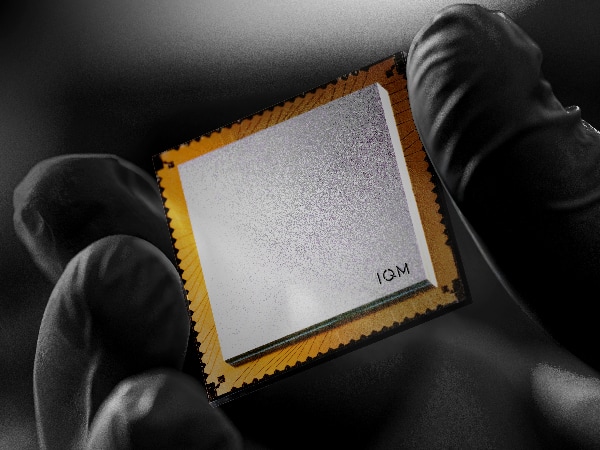
- Quantum processing unit (QPU) is the core of the system, containing our high connectivity and 99.9% fidelity superconducting qubits with tunable couplers in two innovative topologies.
- The cryogenic system keeps superconducting qubits at near absolute zero.
- Wiring and filtering brings control signals into the protective environment around the processor.
- Control electronics send precise microwave, RF, and DC signals to manipulate qubits.
- Quantum error correction (QEC) detects and mitigates errors caused by decoherence and noise.
Software
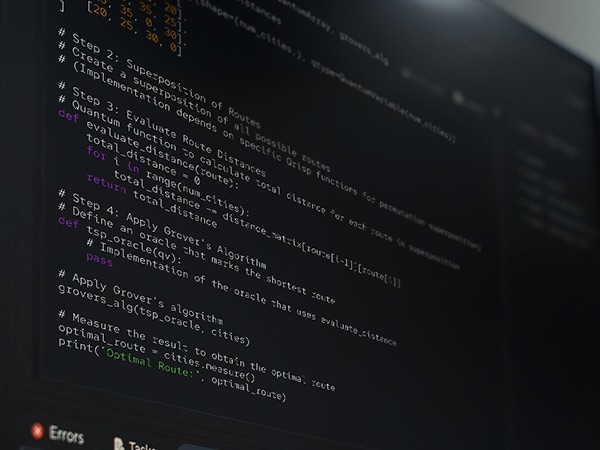
- IQM quantum computers support the programming language of your choice, including Qrisp, Qiskit, Cirq, and Cuda Quantum.
- Quantum computer control software allows you to manage your quantum operations.
- Quantum compilers translate high-level quantum algorithms into low-level machine instructions.
- Automated calibration software makes sure that optimal parameter values are used for accurate results.
- Pulse-level access lets you see and control your computer and its output to the tiniest detail.
Why choose IQM’s quantum computers?
Seamless Integration:
All quantum tech layers (hardware, software, and algorithms) work together, reducing compatibility issues.
Optimized Performance:
Designed for maximum efficiency, minimizing quantum errors and improving computation accuracy.
Accessibility:
Get hands-on with your on-prem computer and modify it for your purposes.
Scalability:
Can be upgraded as quantum tech advances, ensuring long-term viability.
User-friendly:
Provides high-level programming interfaces, making quantum computing more accessible.
Turn-key Solution:
Minimizes operational hassle when the number of suppliers is limited.
Available QPUs (quantum processing units)
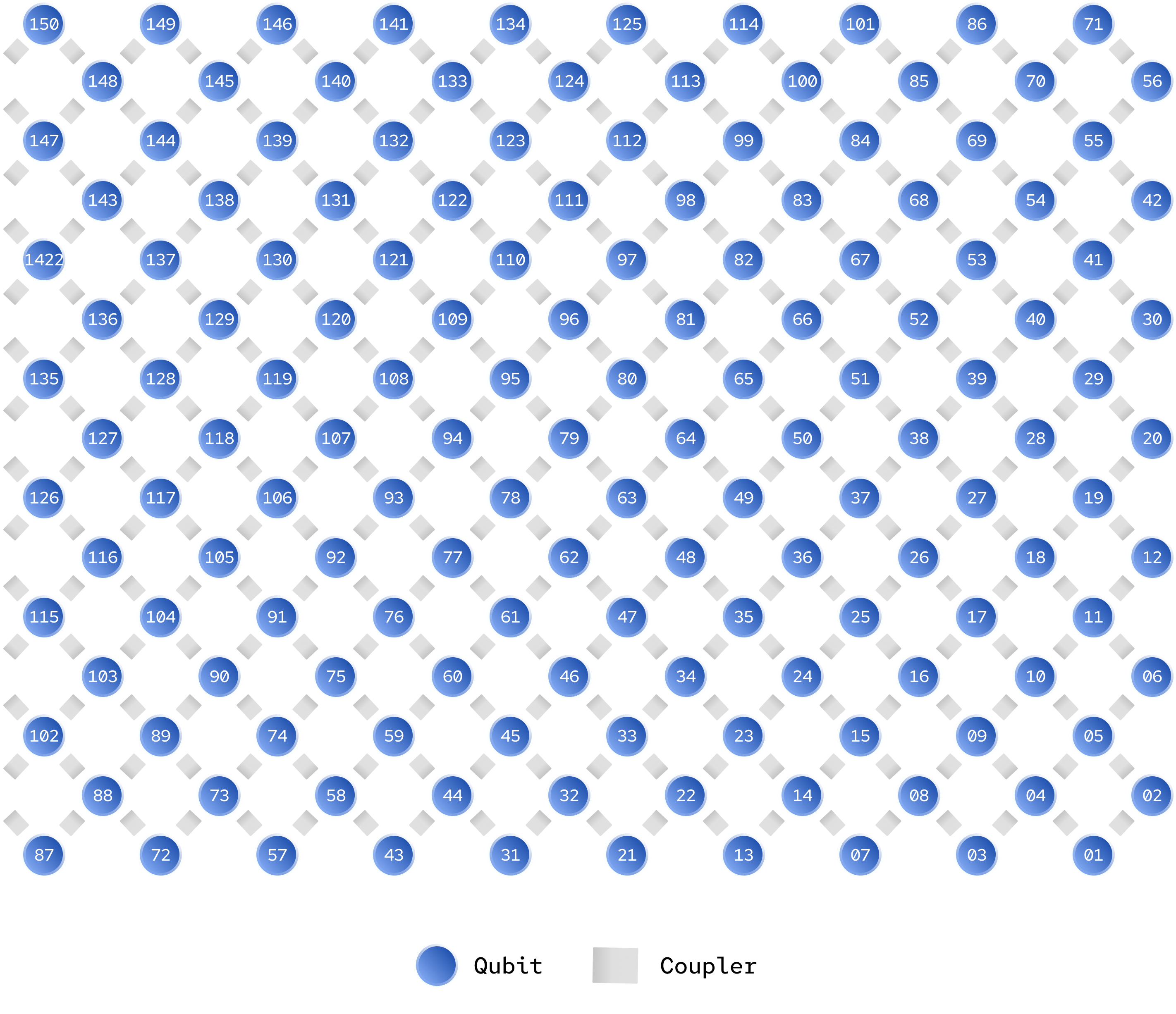
Our most advanced QPU with 150 qubits.
Offers superior computational power through high-fidelity gates and full square lattice connectivity. These qubits enable you to do cutting-edge research, on par with the world’s most advanced supercomputers.
Features
150 qubits with tunable couplers between the qubits
- Fast and parallel gates for maximum performance
Square lattice with the highest connectivity available at this scale
Calibrated to support arbitrary X and Y rotations as the native single-qubit gate and CZ as the native two-qubit gate
The layout natively supports surface-code error-correction
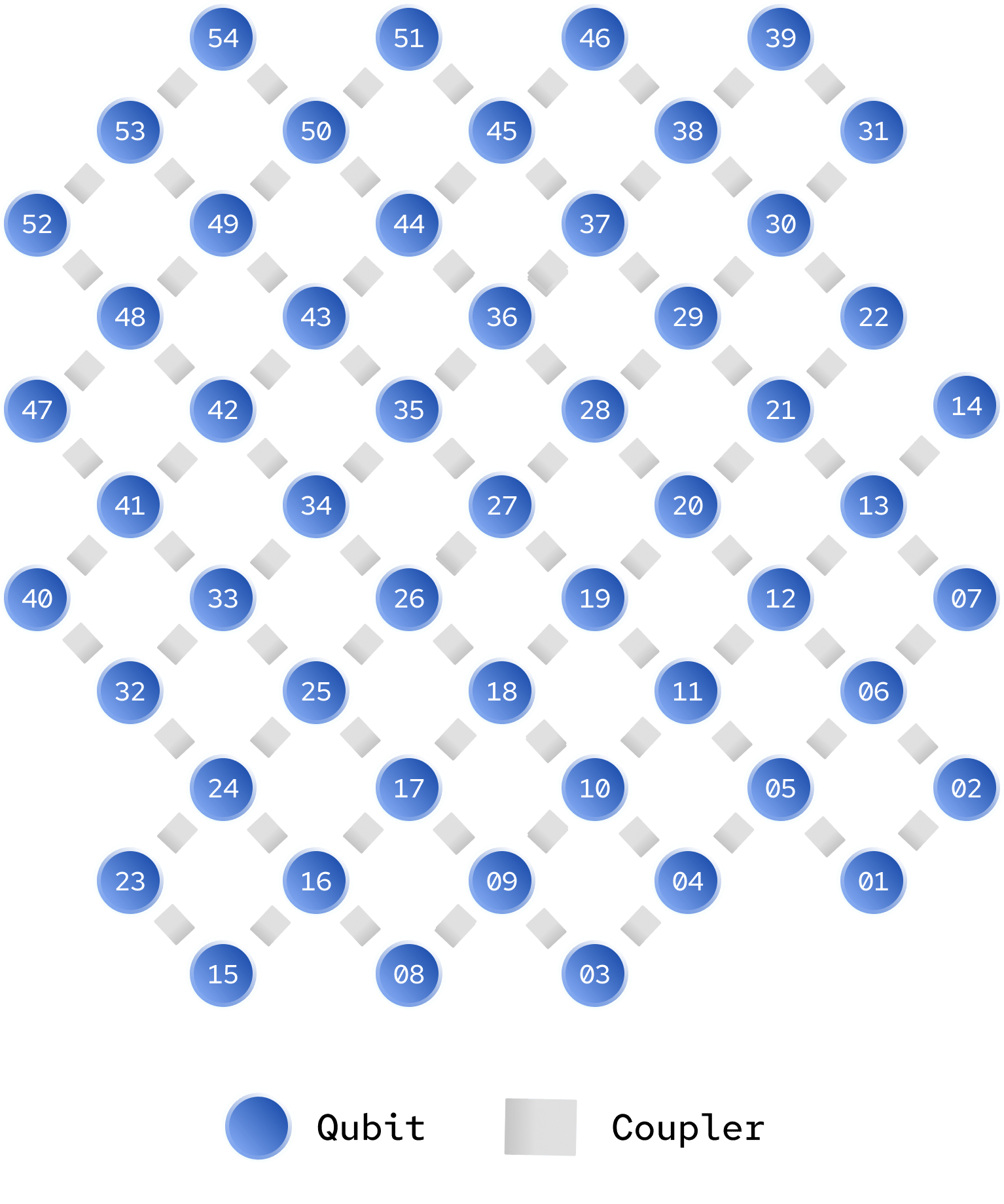
IQM Crystal 54 is a 54-qubit QPU based on superconducting transmon qubits.
Offers advanced computational power through high-fidelity gates and full square lattice connectivity. These 54 qubits enable you to do cutting-edge research and solve real-life problems.
Features
54 qubits with tunable couplers between the qubits
Square lattice with the highest connectivity available at this scale
- Fast and parallel gates for maximum performance
Calibrated to support arbitrary X and Y rotations as the native single-qubit gate and CZ as the native two-qubit gate
The layout natively supports surface-code error-correction
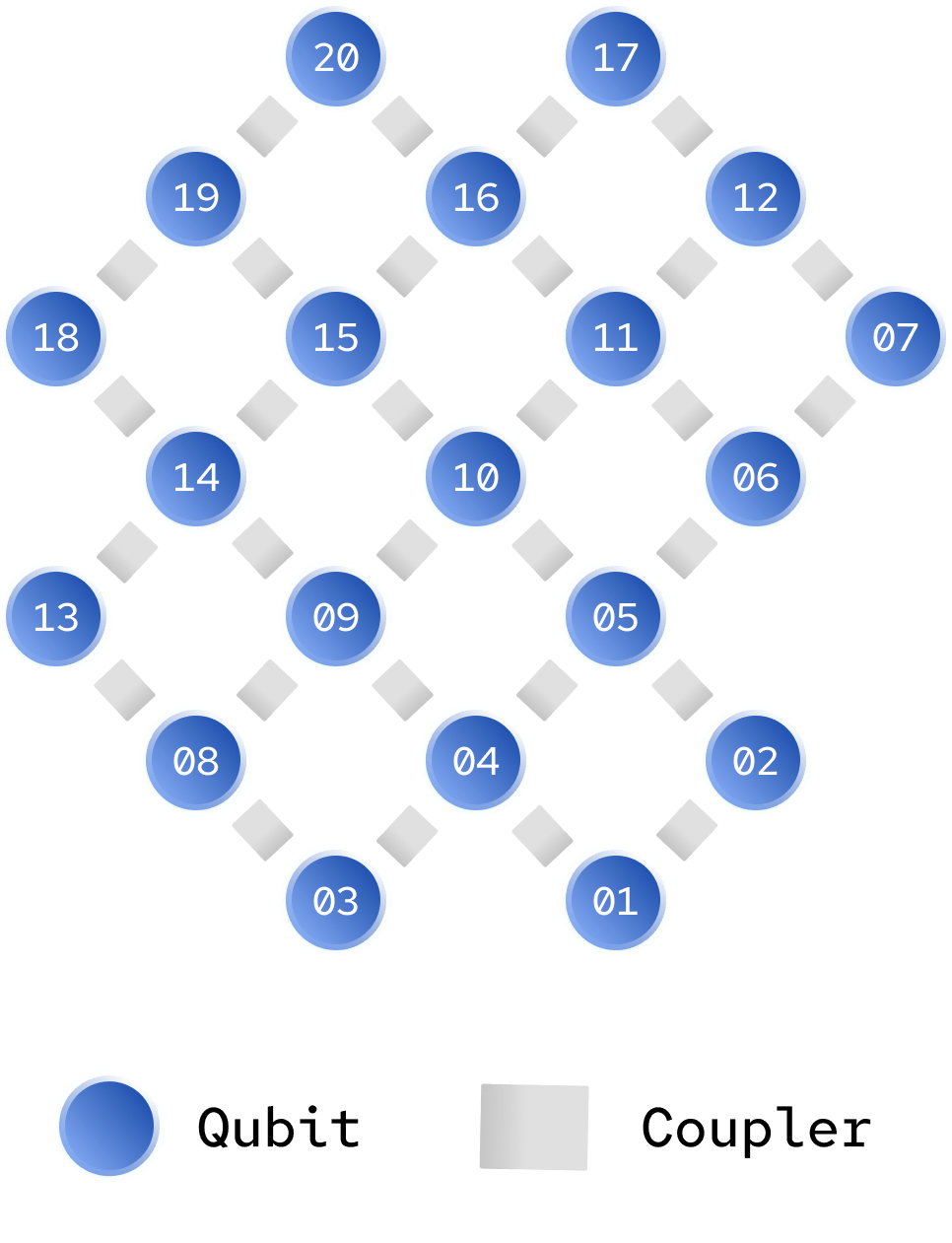
IQM Crystal 20 is a 20-qubit QPU based on superconducting transmon qubits.
A 20-qubit QPU based on superconducting transmon qubits connected by tunable couplers.
Features
20 qubits with tunable couplers between the qubits
Square lattice with the highest connectivity available at this scale
- Fast and parallel gates for maximum performance
Calibrated to support arbitrary X and Y rotations as the native single-qubit gate and CZ as the native two-qubit gate
The layout natively supports surface-code error-correction
Benchmarking results
Supports full entanglement (across the QPU) – 20-qubit GHZ state with fidelity greater than 0.5
Quantum volume of 32
CLOPS (circuit layer operations per second) of 2600
Solves combinatorial optimisation problems with a Q-score of 11
Two-qubit gate operation fidelity of 99.9% demonstrated
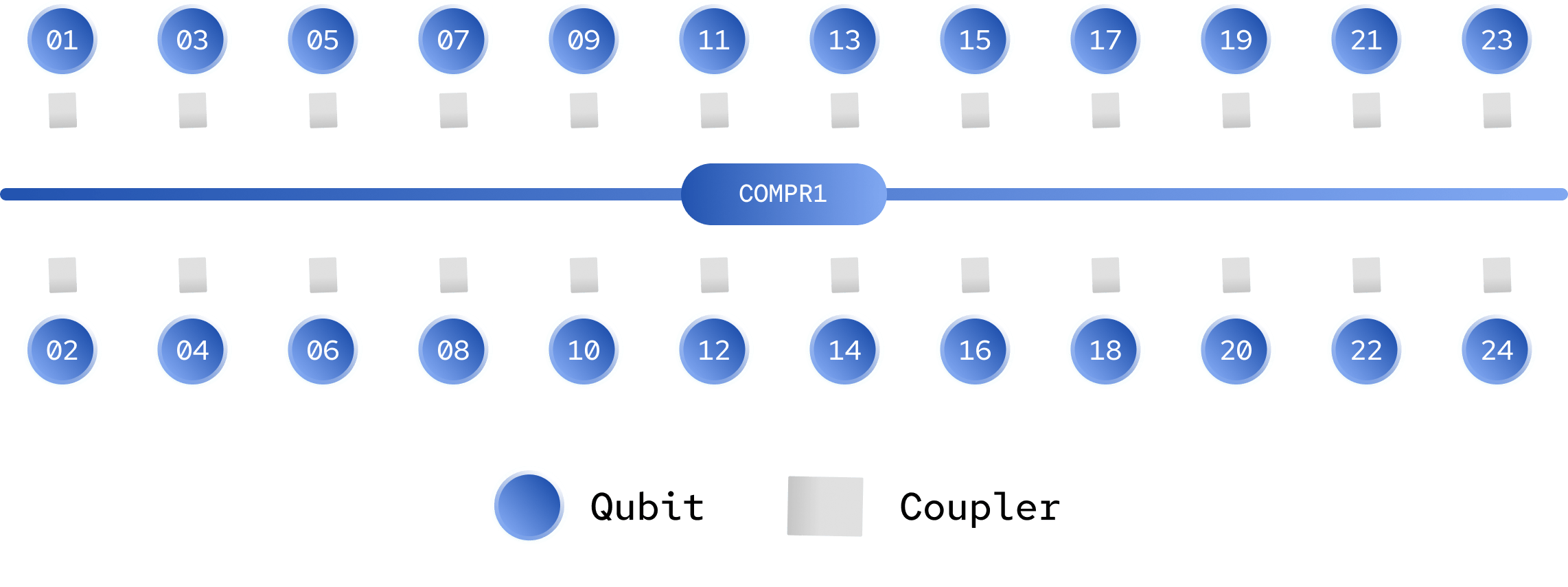
IQM Star 24 is a 24-qubit QPU based on superconducting transmon qubits.
A 24-qubit QPU based on superconducting transmon qubits designed for cutting-edge quantum research that requires high connectivity. IQM Star 24 is now available in beta, with full deployment in the coming months.
Global Connectivity: Dramatically reduces the number of SWAP operations needed.
Unique Topology: A central resonator hub connects a large number of qubits, optimizing connectivity for highly interactive quantum processes.
Scalable Design: The architecture is designed with a clear path to larger, more powerful quantum systems in mind.
How are IQM quantum computers built?
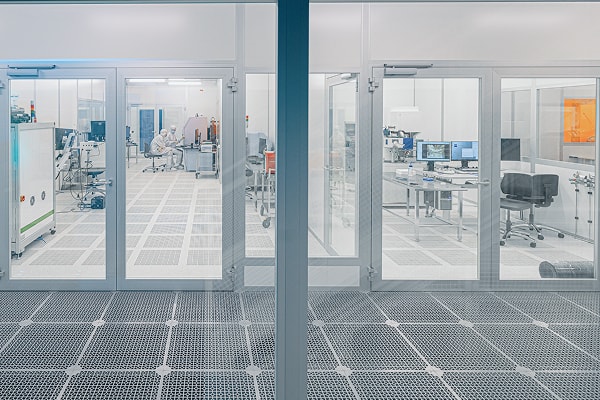
Proprietary quantum chip fabrication
- Fully integrated facility with specialized machines for quantum processor development.
- Quantum chips are produced in a controlled, fully IQM-owned clean room environment.
- Cryogenic chip testing identifies fully functional units before production.
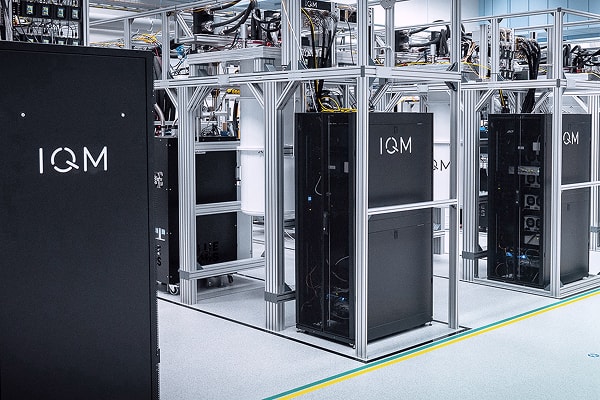
Streamlined supply chain & manufacturing
- Combination of in-house production and carefully vetted external suppliers to ensure high quality and efficiency.
- The warehouse and production floors are directly connected for seamless operations and collaboration.
- The internal warehousing system manages thousands of parts across our product range.
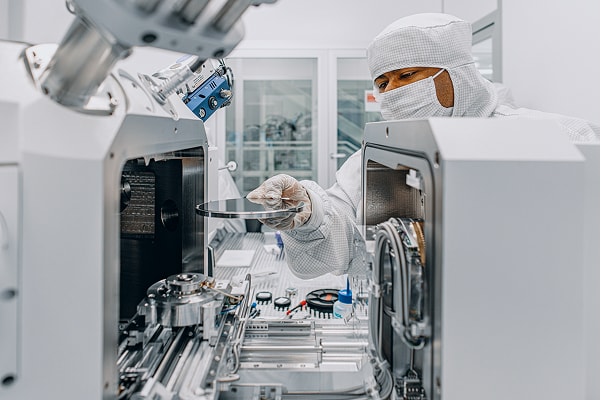
Rigorous testing & quality assurance
- Module-level electronics testing and a dedicated system build area for full quantum computer validation.
- The automated testing suite ensures reliability at every stage of module production.
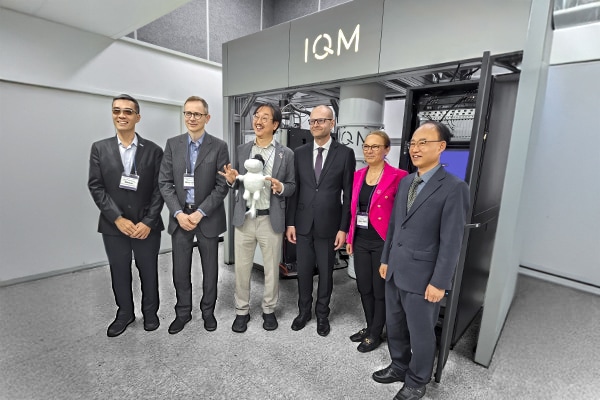
Turn-key delivery at your location
- Successful system installation for 10+ happy customers.
- Secure shipping of quantum computers to customers worldwide.
- A dedicated delivery team travels for on-site installation.
- The expert calibration team tunes the QPU for optimal quantum computation performance.
- From order to installation you can have a system running in less than 6 months.
